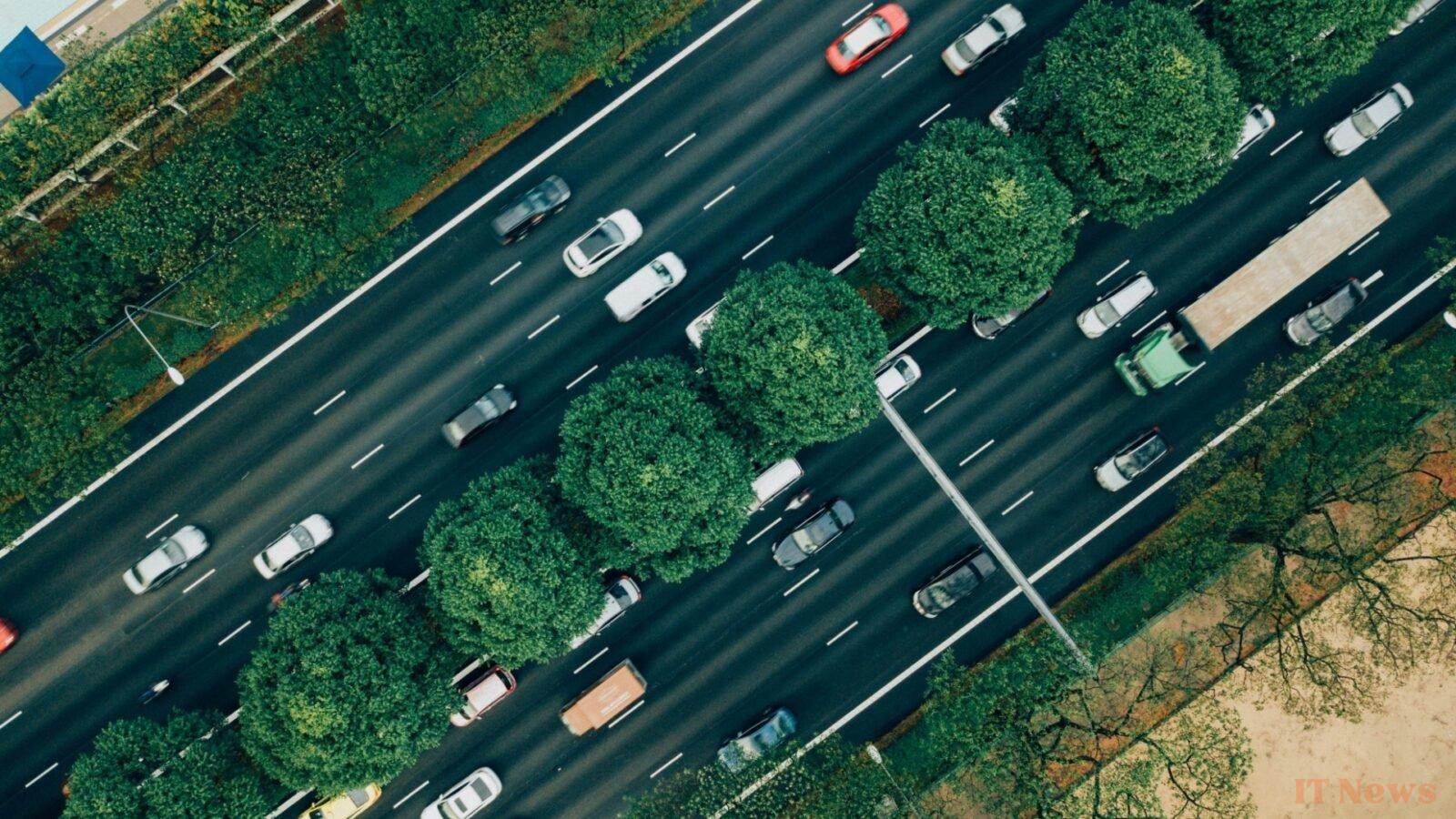It's a discreet device, but one that's increasingly present on French roads: unmarked radar cars. These vehicles, which automatically flash speeding tickets in both directions using an invisible infrared system, will number 300 on the road by the end of 2025, according to information from RMC. Currently, there are 90.
24/7 Surveillance and Persistent Controversy
But be careful: it's not the total number of radar cars that's increasing. The Road Safety Directorate specifies that it's a change in distribution. Concretely, the share of cars operated by private companies will increase, to the detriment of those driven by law enforcement. In short: salaried drivers will drive the majority of vehicles.
Why this change? "The goal of this outsourcing is to free up time for law enforcement, so they can focus on other missions," explains the Road Safety Authority. The routes of these vehicles are defined in advance by the prefectures, with a focus on the most accident-prone areas.
Nine additional departments will be affected in the coming weeks: Ardèche, Cantal, Bouches-du-Rhône, Ariège, Ain, Haute-Loire, Pyrénées-Orientales, Tarn-et-Garonne, and Alpes-de-Haute-Provence. Eventually, the 300 vehicles will be distributed throughout the country.
The authorities' stated objective is to more effectively combat speeding, which is responsible for a large number of accidents. For Jean-Yves Lamant, president of the League Against Road Violence, it's a good thing: "Just because you don't get caught doesn't mean you're not dangerous. You have to be able to be flashed at all times, everywhere, all the time."
But as you might imagine, the initiative has generated mixed reactions, to say the least. Some welcome the measure as a deterrent, especially in urban areas. Others see it primarily as a way to fill the state coffers. "You'll keep driving because you don't know [where the speed cameras are], and you'll get a nice postcard from the Ministry of the Interior," says ironically Pierre Chasseray, spokesperson for the 40 Million Motorists association. He denounces a punitive, poorly targeted approach: "Someone who drives 5 km/h over the speed limit will be punished, while a drunk or drugged driver can get away with it." The technology is there, but the question of trust remains.



0 Comments